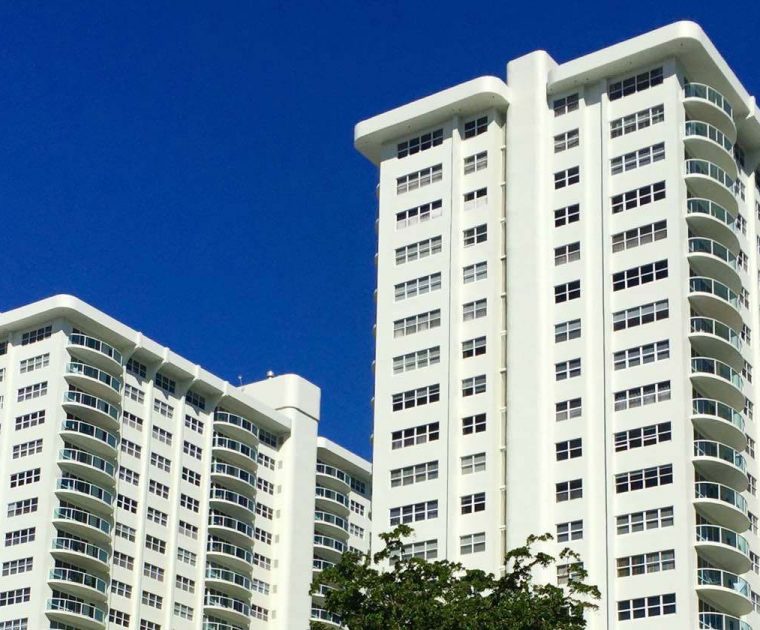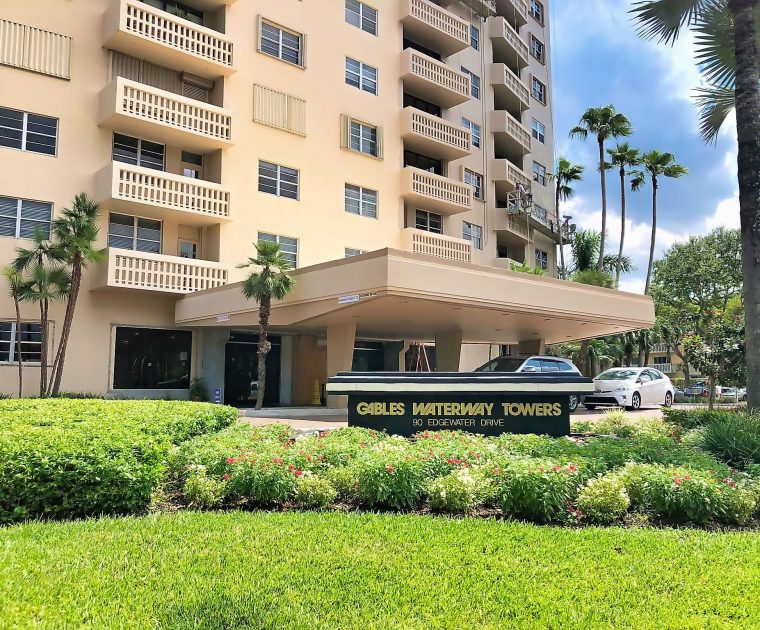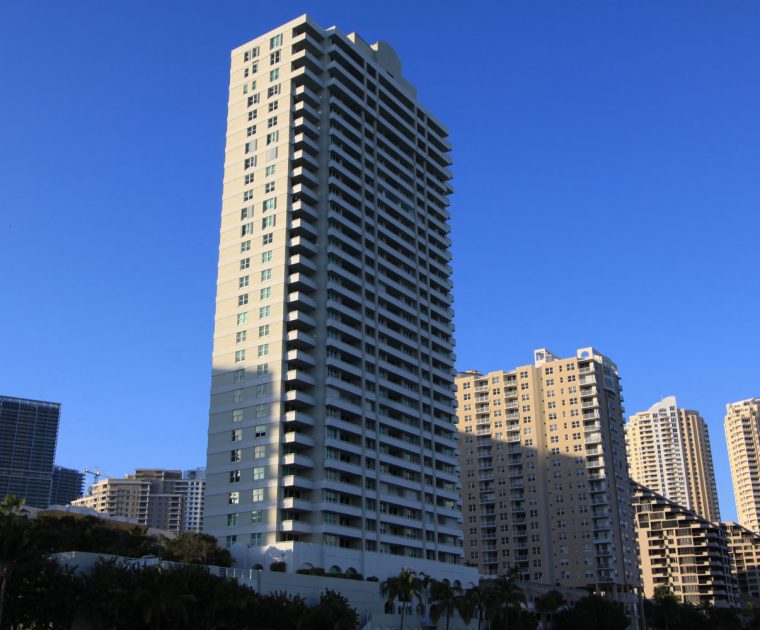Water damage can be a stressful and confusing situation for tenants, especially when it comes to understanding the responsibilities of landlords and tenants. In this blog post, we aim to provide clear guidance on how long a landlord has to fix water damage according to the law and what tenants can do to expedite the process. So, grab your cup of tea, and let’s dive into this informative guide!
Understanding Water Damage Responsibilities:
When it comes to water damage, it’s important to understand the responsibilities of both landlords and tenants. Here’s a breakdown:
Landlord’s Responsibilities:
- Maintenance and Repairs: According to the law, landlords are responsible for maintaining the safety and habitability of the rental property. This includes addressing issues like leaky pipes, broken appliances, or roof leaks. They are also responsible for maintaining the exterior of the building, including gutters and downspouts.
- Response Time: Landlords should respond promptly to reports of water damage and make necessary repairs as soon as possible. Delays in addressing water damage can lead to further issues and potential liability.
- Providing Alternative Accommodation: In cases of severe water damage that renders the rental unit uninhabitable, landlords may be required to provide alternative accommodation for tenants until repairs are completed.
Tenant’s Responsibilities:
- Reporting Water Damage: Tenants should promptly report any signs of water damage to the landlord. This includes leaks, moisture buildup, or any signs of potential water intrusion. Timely reporting can help mitigate damage and prevent further issues.
- Preventing Further Damage: Tenants should also take reasonable steps to prevent further damage. This includes removing wet items, drying affected areas, and cooperating with the landlord’s repair efforts.
Understanding the Timeline:
Now, let’s break down the timeline for water damage repairs:
Step 1: Report the Damage
As a tenant, it’s your responsibility to promptly report any signs of water damage to your landlord. This can include leaks from pipes, appliances, or external sources like roof leaks. Make sure to provide detailed information about the location and extent of the damage.
Step 2: Landlord’s Response
Upon receiving the report, the landlord should respond within a reasonable timeframe, typically within 24-48 hours. They should assess the damage, determine the necessary repairs, and provide a timeline for completion.
Step 3: Repairs and Restoration
The landlord is responsible for arranging and paying for the necessary repairs. This includes fixing leaky pipes, repairing damaged walls or ceilings, and addressing any mold or mildew issues. They should aim to complete the repairs as soon as possible, minimizing disruption to the tenant’s daily life.
Step 4: Alternative Accommodation
If the water damage is severe and renders the rental unit uninhabitable, the landlord may be required to provide alternative accommodation for the tenant. This could be a hotel room or another rental unit until repairs are completed. The landlord should cover the cost of this temporary accommodation.
Step 5: Reimbursement for Tenant’s Expenses
If the tenant incurs reasonable expenses due to the water damage, such as hotel stays or meals during the repair period, the landlord may be responsible for reimbursing these expenses. Keep detailed records of all expenses incurred.
Step 6: Final Inspection and Move-Back
Once the repairs are completed, the landlord should conduct a final inspection to ensure the rental unit is safe and habitable. This includes checking for any remaining moisture, mold, or structural issues. Only when the unit is deemed safe should the tenant move back in.
Tenant’s Rights and Protections:
Tenants have certain rights and protections under the law when it comes to water damage. Here are some key points to remember:
- Right to a Livable Home: Tenants have the right to a safe and habitable home. If the water damage renders the unit unlivable, tenants can argue for a rent reduction or even termination of the lease, especially if the landlord fails to address the issue promptly.
- Repair and Deduct: In some cases, tenants may be allowed to repair the damage themselves and deduct the cost from the rent. However, this depends on local laws and the extent of the damage. Always communicate your intentions with the landlord before taking any action.
- Protection from Retaliation: Landlords are prohibited from retaliating against tenants who exercise their rights, such as reporting water damage or requesting repairs. Any form of retaliation, such as increasing rent or threatening eviction, is illegal.
Understanding your rights and responsibilities regarding water damage can help you navigate this stressful situation effectively. Remember to communicate openly with your landlord, cooperate with their repair efforts, and keep detailed records of all communications and expenses. By working together, you can resolve water damage issues promptly and maintain a positive landlord-tenant relationship.
Visit our pages for more details:






